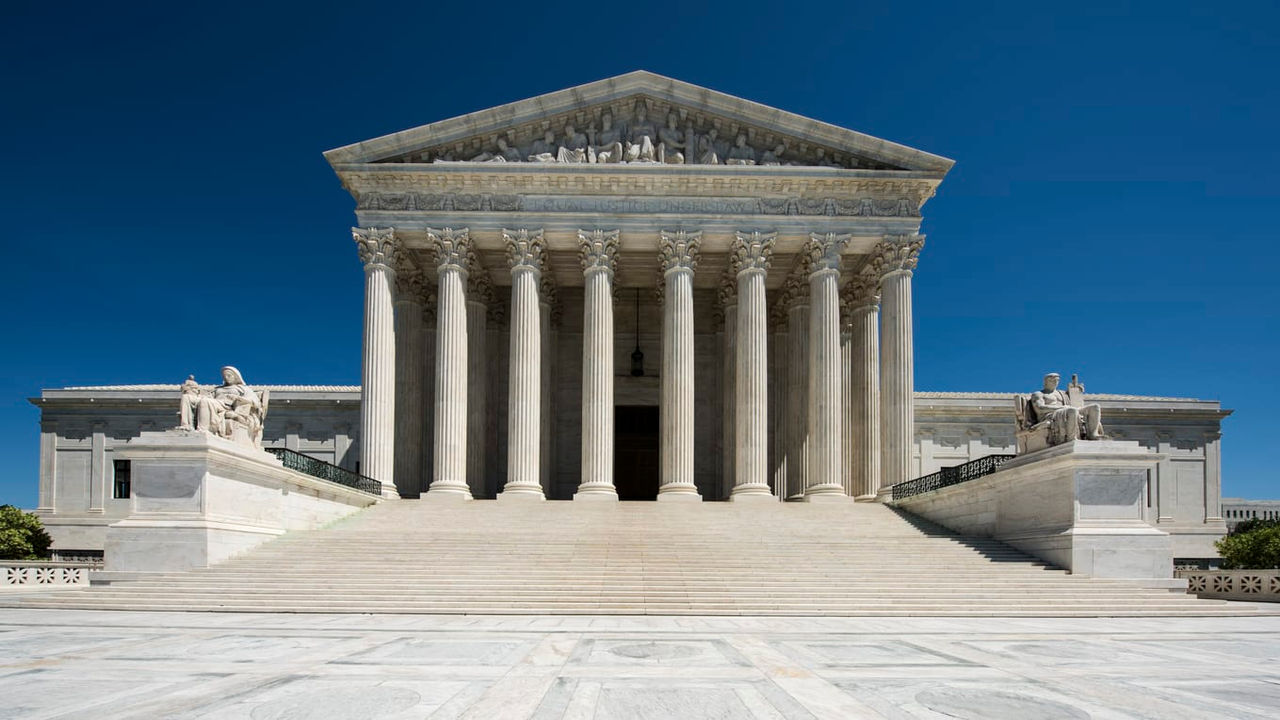Can an employer wait eight months after being sued to send the plaintiff's claims to arbitration, or has it waived that option even if the plaintiff has suffered no harm from the delay? The U.S. Supreme Court announced Nov. 15 that it will resolve that question in a wage and hour case. We've gathered articles on the news from SHRM Online and other media outlets.
Overtime Claim
The plaintiff, who worked at an Iowa Taco Bell owned by franchisee Sundance Inc., claimed Sundance violated federal wage law by shifting hours worked to future workweeks to avoid overtime pay obligations. A federal district court rejected Sundance's belated motion to arbitrate. However, the 8th U.S. Circuit Court of Appeals reversed, saying the plaintiff could not show she was harmed by the eight-month delay.
(Reuters)
Lower Courts Allegedly Split
The plaintiff maintains that courts across the country are split on whether harm or "prejudice" is required to show that arbitration has been waived. This split has created a "gauntlet of inconsistencies," she said in her brief urging the justices to take the case. The arbitration provision was in Sundance's standard form employment contract.
Landmark Decision 10 Years Ago
Ten years ago, in AT&T v. Concepcion, the Supreme Court ruled that the Federal Arbitration Act requires courts to put arbitration agreements "on an equal footing with other contracts." Concepcion involved a state law that treated arbitration clauses unfavorably. In the Sundance case, the fast-food worker alleged that the 8th Circuit treated the arbitration clause too favorably.
Supreme Court Expanded Access to Arbitration in 2018 and 2019
In 2018, the Supreme Court ruled that class-action waivers in arbitration agreements don't run afoul of federal labor law. In 2019, the high court decided that arbitrators, not courts, should decide whether arbitration agreements apply—even when the language of the agreements suggests that there should be no arbitration—if the agreements give arbitrators the power to make that threshold decision.
(SHRM Online)
High Court Reviews Federal Jurisdiction in Employment Arbitration Case
In a recent case, the Supreme Court heard oral arguments in litigation that could impact employment-related arbitration disputes. The case addresses when federal courts have the authority to confirm or vacate arbitration awards.
(SHRM Online)
Was this resource helpful?




